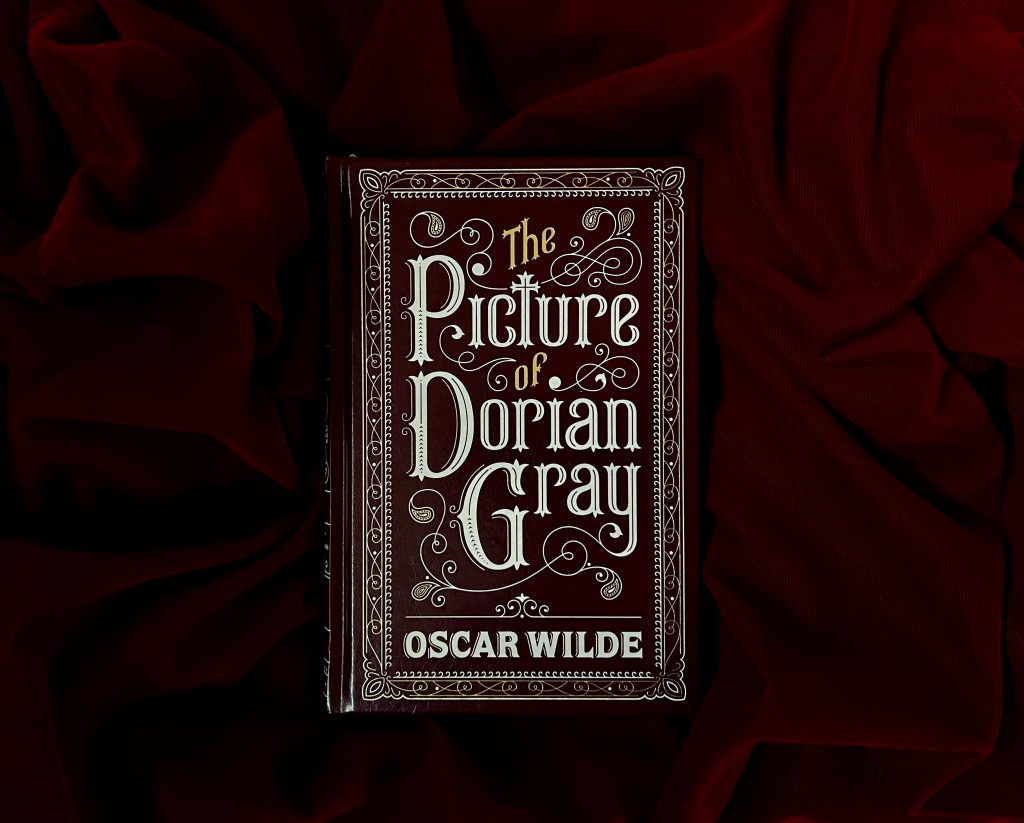Let’s not sugarcoat it, getting into classics is difficult, especially when discourse is so divisive. Some classics are not the most thrilling (cough, cough, Moby Dick) which doesn’t always leave the best impression. Here’s a timeline of the most worthwhile classics you won’t put down after the first page.
Frankenstein – Mary Shelley (1818)
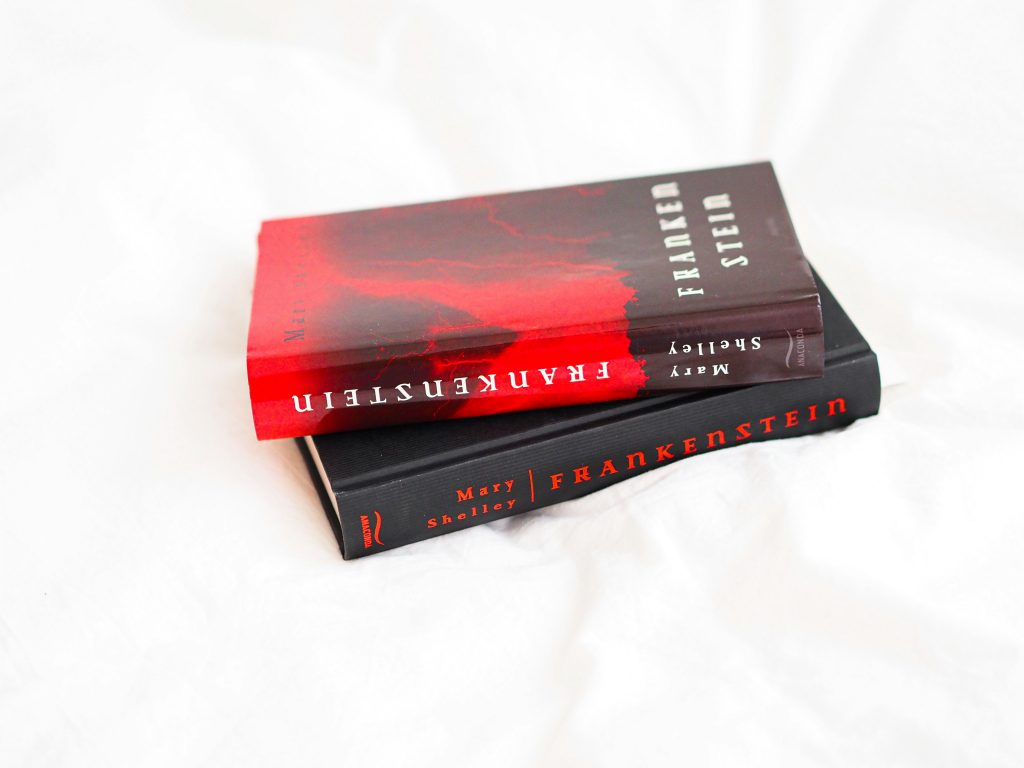
This Gothic novel we all know and love is about Victor Frankenstein, a scientist who brings an experiment to life which causes major consequences for himself and his family. It’s a tried and tested formula about the dangers of what we create and perhaps a lesson in the uncanny.
The Picture of Dorian Gray – Oscar Wilde (1890)
As Dorian Gray descends into a life of debauchery, his portrait reveals the ugly marks of his sins while he remains lively and youthful. This novel is a perfect blend of the Gothic and a captivating premise.
The Metamorphosis – Franz Kafka (1915)

The Metamorphosis is sure to not disappoint. Tackling themes of alienation, the celebrated Kafka explores the story of Gregor Samsa, who wakes up one morning transformed into a giant insect.
The Great Gatsby – F. Scott Fitzgerald (1925)

Played by none other than Leonardo di Caprio in the movie adaptation, this is a tragic love story set in the Jazz Age. It focuses on mysterious millionaire Jay Gatsby and his unrequited love for Daisy Buchanan.
Orlando – Virginia Woolf (1928)
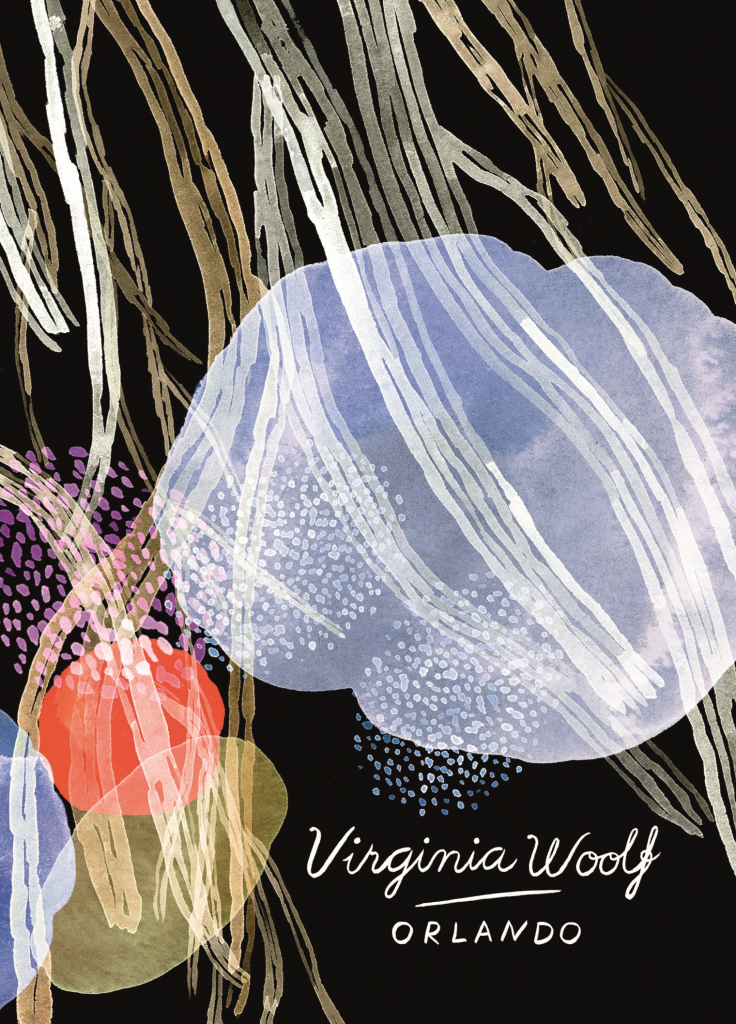
Often overlooked, this work of feminist literature follows Orlando, a nobleman who lives for centuries and constantly changes gender from male to female throughout this time.
Their Eyes Were Watching God – Zora Neale Hurston (1937)

A novel of self-discovery navigating love, loss, and for identity in the early 20th-century South which still fares in contemporary literature today.
The Hobbit – J.R.R. Tolkien (1937)

Another classic book-to-movie adaptation, this fantasy novel tells of the adventure of Bilbo Baggins, a hobbit on a quest to help a group of dwarves reclaim their homeland from a dragon.
Animal Farm – George Orwell (1945)
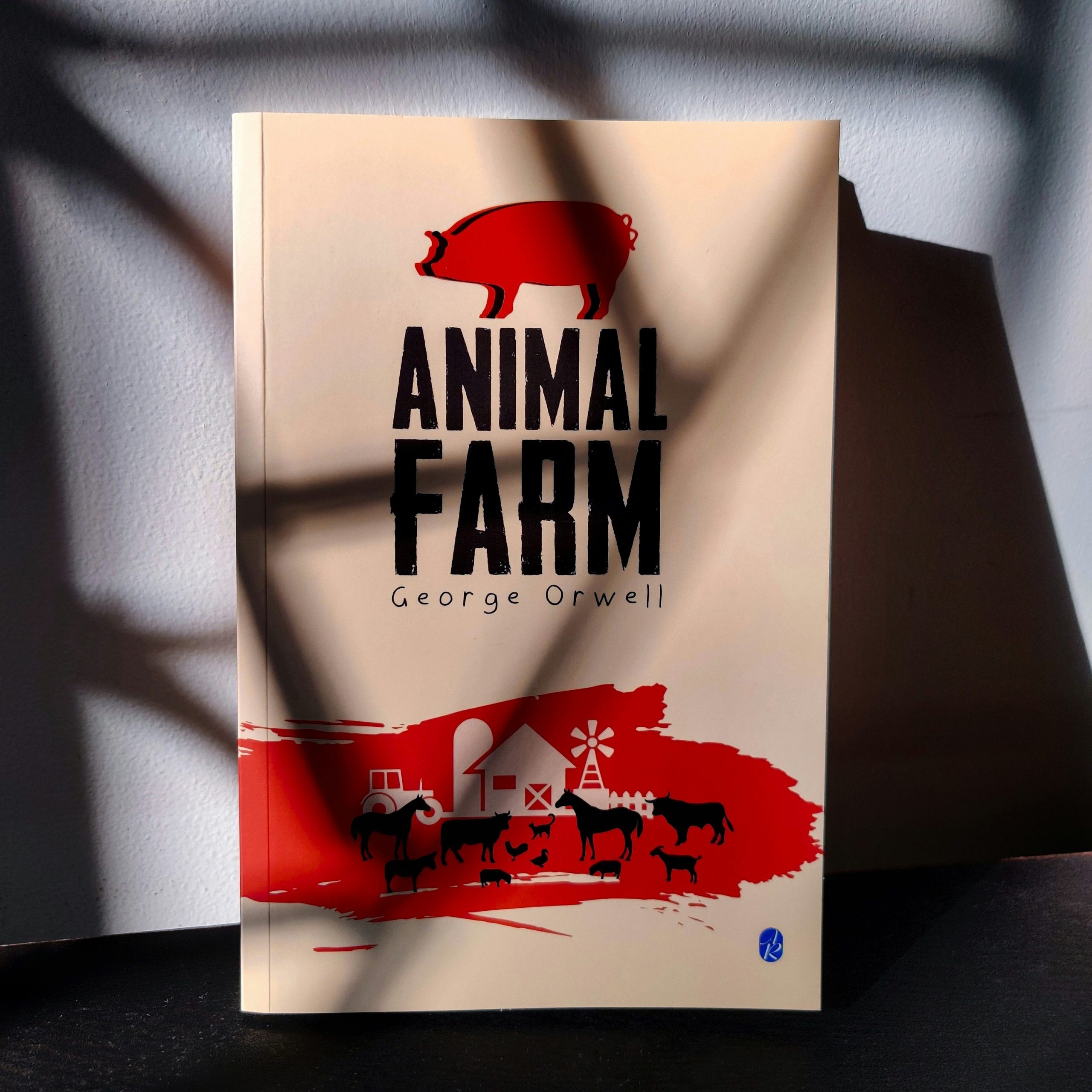
Orwell’s tale is intended to be read allegorically, following a group of farm animals who rebel against their human farmer and find a new enemy in tyrannical pigs.
1984 – George Orwell (1949)

Another Orwell narrative! This time, a dystopian novel depicting a totalitarian society under the surveillance of ‘Big Brother’. The book sparked discussion about oppression, censorship, and created a television show.
Fahrenheit 451 – Ray Bradbury (1953)
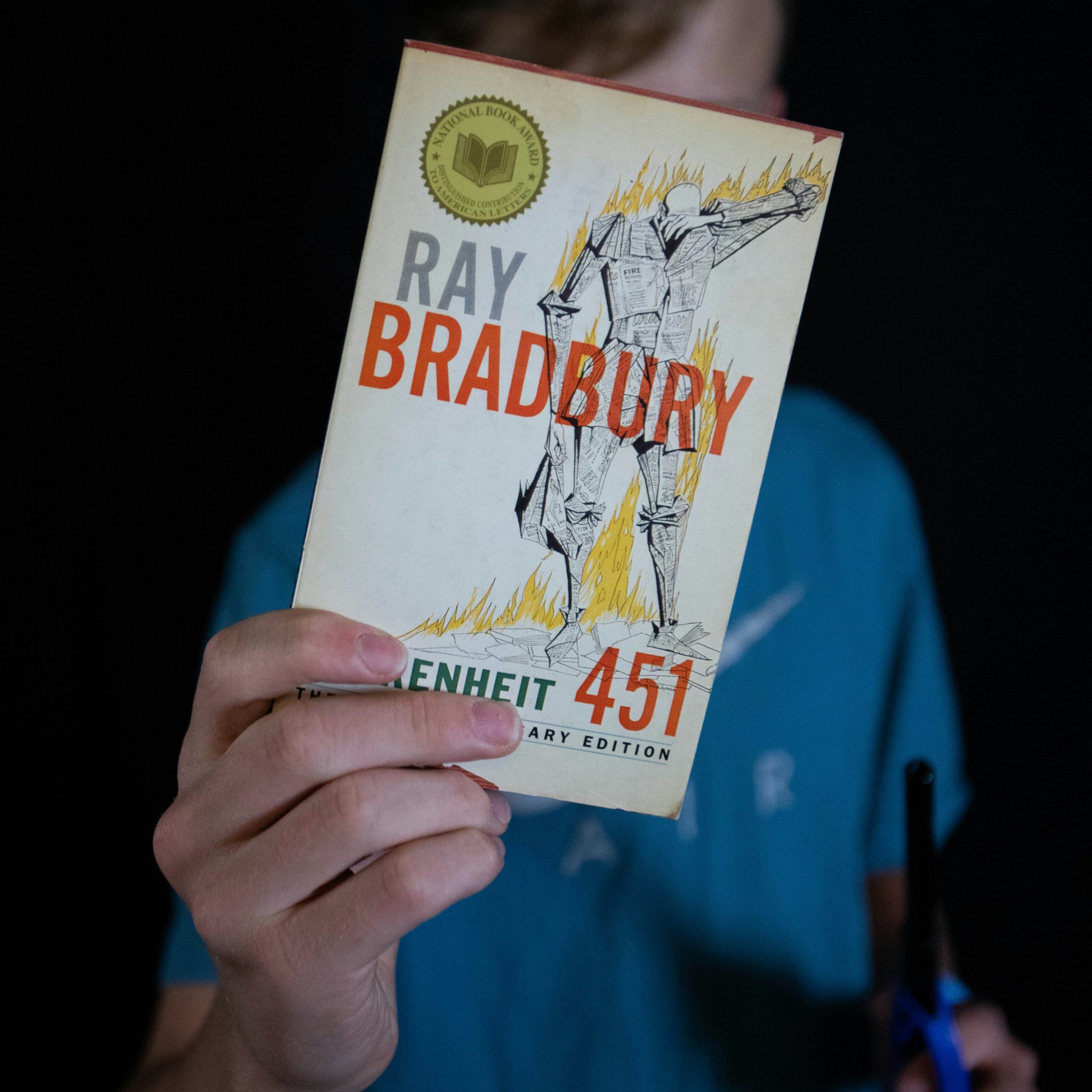
A dystopian that gets you thinking about knowledge and ignorance. Set in a future where books are banned and burned when found – Guy Montag goes on a journey from a book burner to a lover of literature.
Lord of the Flies – William Golding (1954)

A typical stereotype: boys stranded on a deserted island fail to govern themselves and spiral into savage chaos.
To Kill a Mockingbird – Harper Lee (1960)
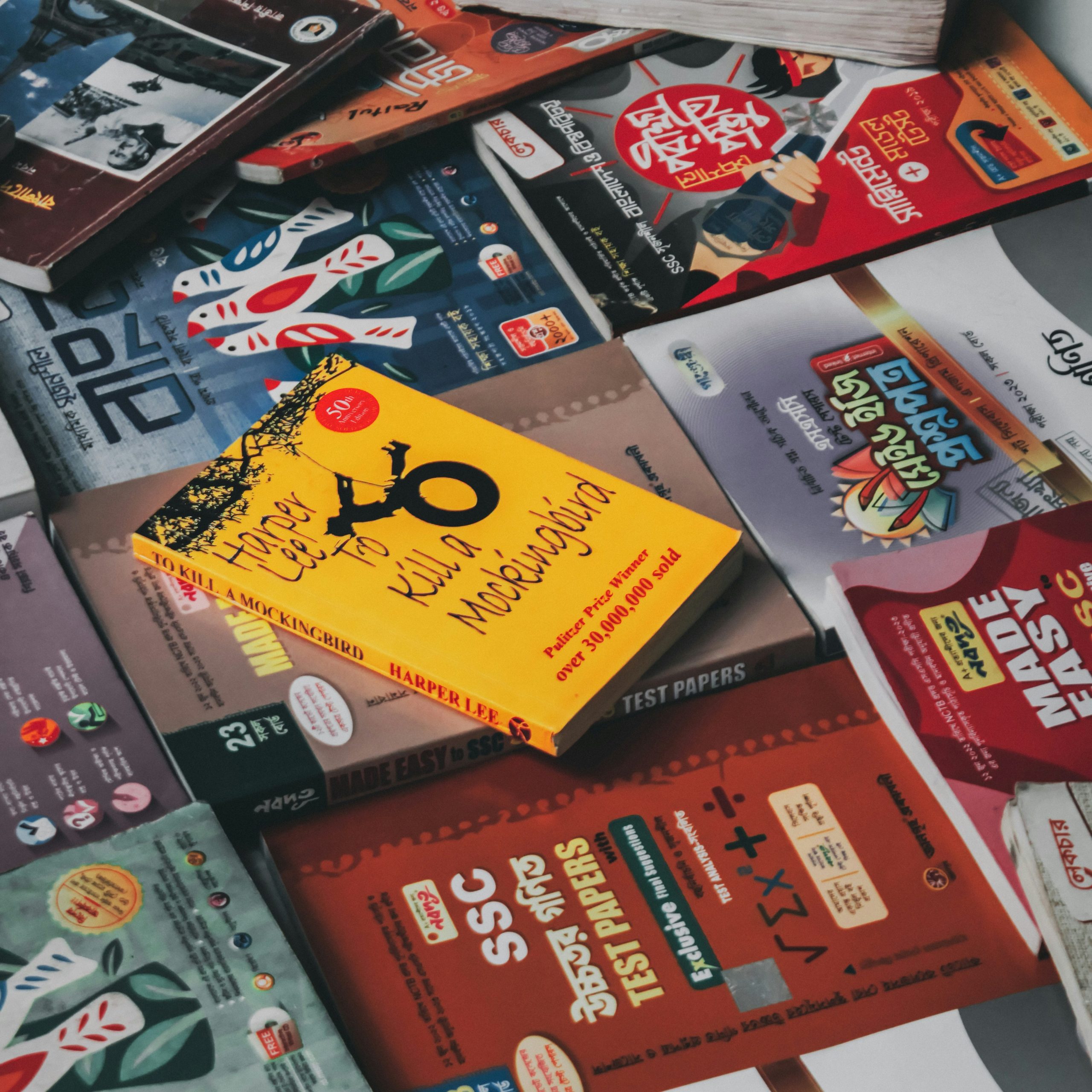
Set in the American South during the 1930s, focusing on Scout Finch and her father, Atticus, who defends a black man falsely accused of raping a white woman. The novel takes us on a coming-of-age adventure with Scout as she learns valuable life lessons.
The Bluest Eye – Toni Morrison (1970)

A touching novel about a young African American girl who wishes for blue eyes and blonde hair, exploring themes of race, beauty, and identity.
The Color Purple – Alice Walker (1982)

Told through letters, Celie, an African American woman in the early 20th century South, and her journey to self-empowerment.
The Handmaid’s Tale – Margaret Atwood (1985)

This novel imagines a world where women are stripped of their reproductive rights and used as vessels to have children. It follows Offred, a handmaid who is determined to survive her ordeal.
Now that you’ve been equipped to take on the most stimulating and palatable classics (according to me), you’re ready to explore the world of classical literature. There’s plenty to choose from and these examples should prove that you shouldn’t be intimidated by them!
Edited by: Anna Shipman



